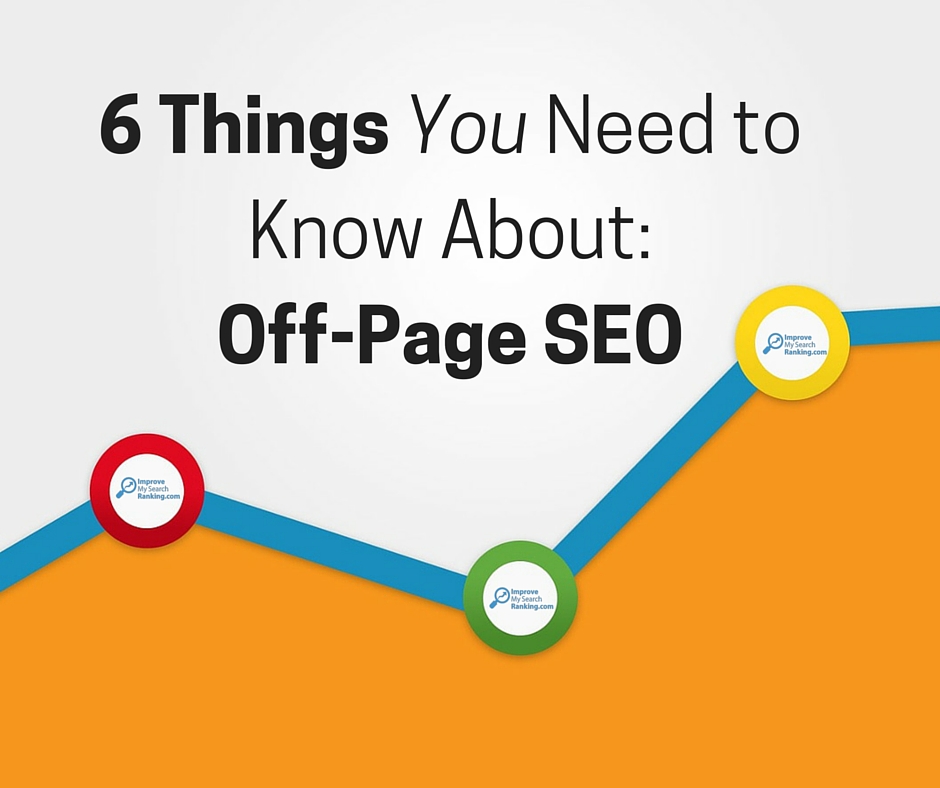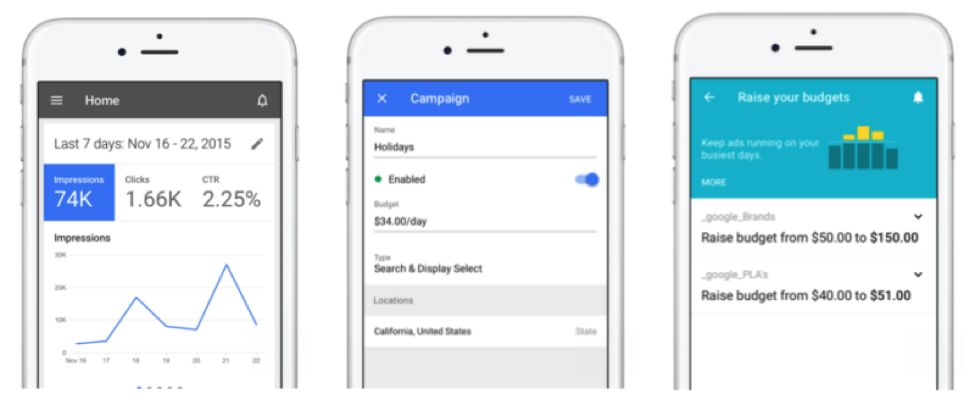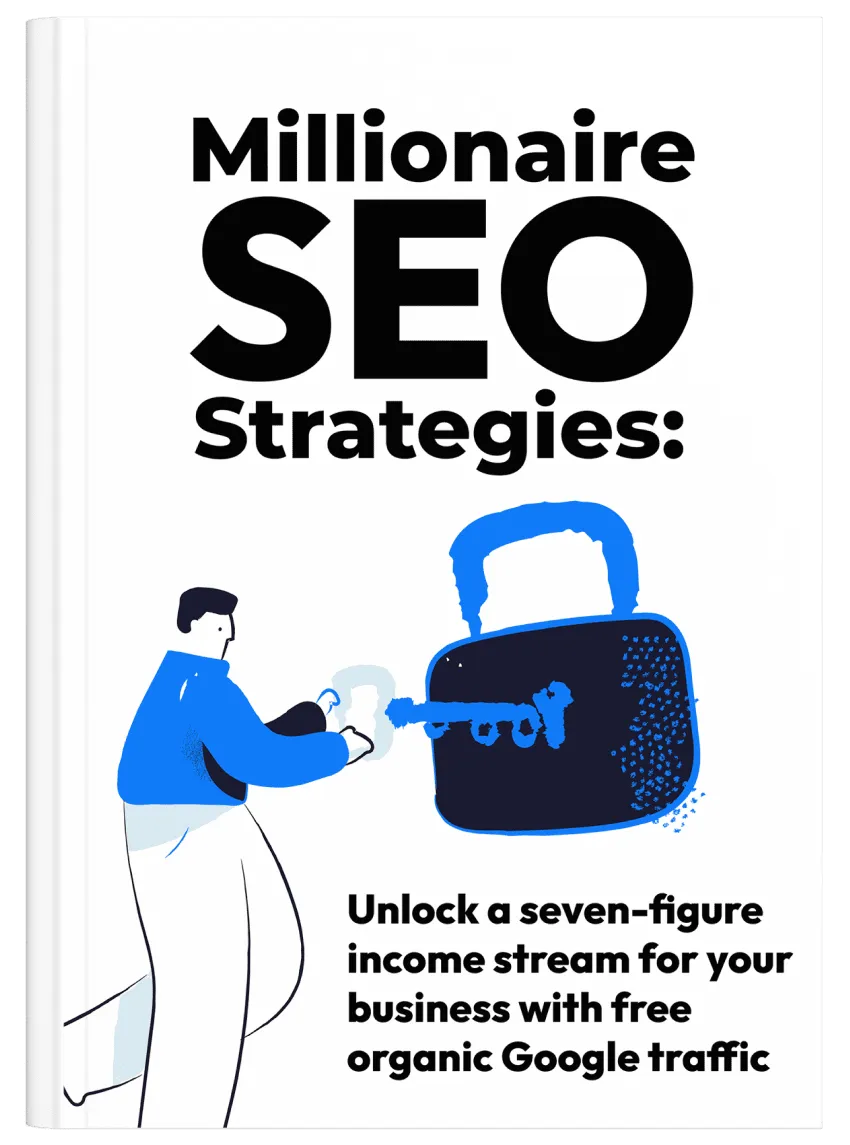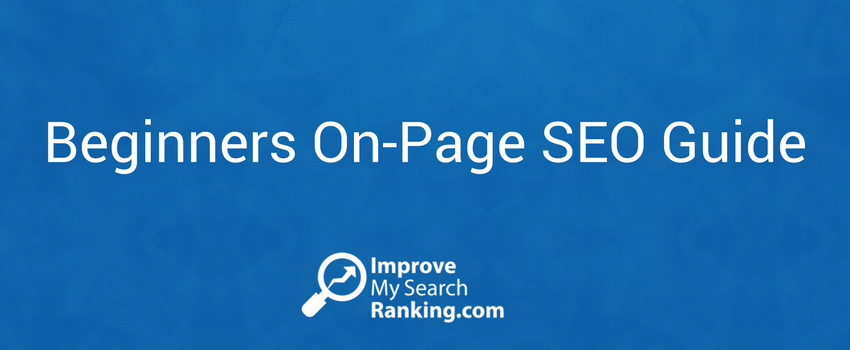
6 Things You Need to Know About Off-Page SEO
It seems that SEO is always changing. In fact, it can be very hard to keep up with all the latest SEO tips, tricks, trends, and algorithm updates.
In my opinion, on-page SEO is easier to understand and follow. You have your title tag, H1, H2, H3 tags, meta description, keyword inclusion, website loading speed, and other similar factors. However, when it comes to explaining off-page SEO, it can become very difficult.
Don’t take it the wrong way, though. I’m in no way saying that on-page SEO is less important than off-page SEO. But the fact of the matter is that you can’t rank higher for competitive keywords only with on-page SEO. You will also need the powers of off-page SEO.
But what do you know about it?
Here are a few very important things that you need to know about off-page SEO.
1. SEO is More Than Just “Links”
So many of us have this crazy idea that off-page SEO is only about links. Although backlinks do form a core part of off-page SEO, it doesn’t end there. There is much more to off-page SEO than just “links”.
For instance, brand mentions is another important aspect of off-page SEO. In case you don’t know what that is, a brand mention is when other websites just mention your website URL or brand name without actually creating a backlink.
Yeah, Google notices that as well.
2. Yet, Backlinks Are VERY Important!
Unlike on-page SEO, off-page SEO tells Google what other people think of your website and content. And backlinks have the biggest impact on the overall off-page SEO results for your website.
According to a study, backlinks were the 3rd most important search engine ranking factor. Moreover, we believe that the importance of high-quality backlinks are only going to grow more in the near future.
Anybody can work on the on-page SEO factors — keyword stuffing is a glaring example of that. But not everybody can convince the general target audience to “like” your posts, share them, and create backlinks to them. That is real value, and search engines pay a lot of attention to these SEO signals.
3. Not All Backlinks are Awesome
I might have got you too excited about backlinks, hold your horses. Don’t go jumping to create new backlinks because not all of them are going to help you. In fact, some backlinks can even get you penalised.
Which ones are those?
- Spammy backlinks are the worse. These backlinks do not add any genuine value and they are “just there”.
- Backlinks from irrelevant or unrelated websites. They might or might not be spammy, but it can be hard for search engines to differentiate that. This is why it’s important to avoid backlinks from irrelevant niche sites. In other words, you should only try to acquire backlinks from websites that are directly to your niche.
Otherwise, if large amounts of irrelevant backlinks are created, it is possible that Google Penguin will award you a search engine penalty resulting in a ranking loss. See the following chart.
As you can see, websites with 0% irrelevant backlinks didn’t get any penalty. On the other hand, websites with the most backlinks from irrelevant niches got penalised the most.
4. Contextual Backlinks vs. Non-Contextual Backlinks
Here is the thing.
Contextual backlinks are much more powerful than non-contextual backlinks.
Why? Because non-contextual backlinks are easier to create — especially with guest-blogging. Search engines, such as Google, now do not really value these backlinks as they used to. This is why Matt Cutts once said that guest-blogging is dead.
On the other hand, contextual backlinks are created only because they add genuine value to the content. So, whenever you get an opportunity, aim for the contextual links.
5. Metrics Matter
There are several metrics that help us understand the power of a domain. Some of the most popular ones are Page Rank (PR), Domain Authority (DA), etc.
These metrics matter as they tell the popularity of a website. The bottom line is that you should be generating backlinks from more powerful websites than yours. A Domain Authority of 50+ is good. A DA of less than 30 isn’t probably the right website for you.
6. User Experience Should Always Come First!
There is no question about it.
You can stuff all the keywords you have and it won’t matter a thing unless your website is offering a good user experience.
I believe that this is where SEO is eventually heading. There is nothing more important for search engines than user experience. And so it should be for website owners.
- Improve the loading speed of your website.
- Make sure your visitors do not get stuck on a 404 error page.
- Create better search engine ranking snippets for better click throughs and a lower exit rate.
- Avoid broken links.
All of these factors lead to authority, trust, and more backlinks, and this is what off-page SEO is now all about.








